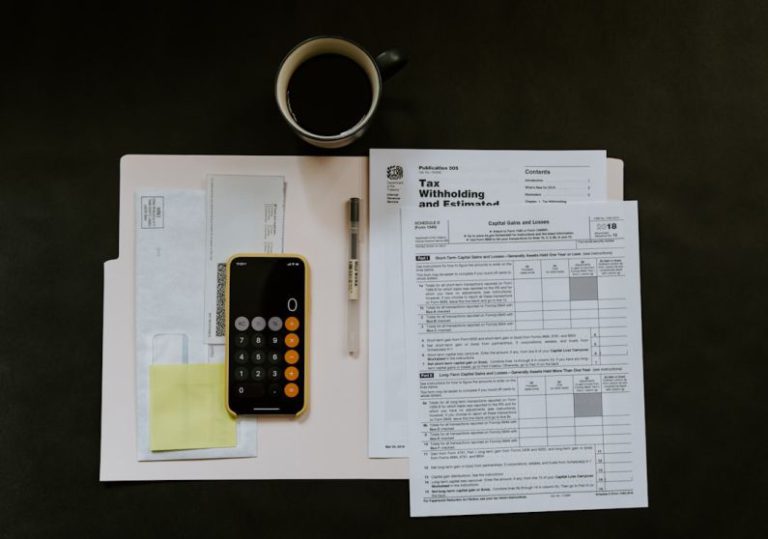
Working from home has become increasingly common, with many individuals opting to set up a home office to cater to their professional needs. While a home office can offer convenience and flexibility, it also has implications when it comes to taxes. Understanding how a home office impacts your taxes is crucial to ensure compliance with the law and make the most of potential tax benefits.
**Eligibility Criteria for Home Office Deductions**
To qualify for home office deductions, the Internal Revenue Service (IRS) requires that the space is used regularly and exclusively for business purposes. This means that a designated area in your home must be used solely for work-related activities. If you use the space for both personal and business purposes, you may not be eligible for the deduction.
**Types of Home Office Expense Deductions**
There are two primary methods for deducting home office expenses: the simplified method and the regular method. The simplified method allows you to deduct $5 per square foot of your home office space, up to 300 square feet. This method is straightforward and does not require detailed expense tracking.
On the other hand, the regular method involves calculating the actual expenses associated with your home office, such as mortgage interest, utilities, insurance, and depreciation. To use the regular method, you must determine the percentage of your home that is used for business purposes and apply that percentage to your total expenses.
**Tax Benefits of a Home Office**
One of the key benefits of having a home office is the potential tax savings it can offer. By deducting expenses related to your home office, you can reduce your taxable income and ultimately lower your tax liability. This can result in significant savings, especially for individuals who work from home full-time or have a dedicated workspace.
Additionally, having a home office can make you eligible for certain tax credits and deductions that are not available to employees who do not work from home. By taking advantage of these tax benefits, you can maximize your savings and keep more money in your pocket.
**Impact on Capital Gains Taxes**
If you sell your home and have claimed home office deductions in the past, it may have an impact on your capital gains taxes. When you sell a home that has a home office, you may be required to pay capital gains taxes on the portion of the sale related to the office space. It is essential to keep detailed records of your home office expenses to accurately calculate any potential capital gains taxes.
**Record-Keeping and Documentation**
To support your home office deductions and ensure compliance with IRS regulations, it is crucial to maintain thorough records and documentation. Keep track of expenses related to your home office, such as receipts for furniture, equipment, and utilities. Additionally, document the square footage of your home office and any changes to the space throughout the year.
**Conclusion: Maximizing Tax Benefits**
Having a home office can have a significant impact on your taxes, offering potential savings and benefits for self-employed individuals and small business owners. By understanding the eligibility criteria for home office deductions, choosing the right method for calculating expenses, and keeping detailed records, you can maximize your tax benefits and reduce your overall tax liability. Take advantage of the tax benefits available to home office owners and ensure that you are in compliance with IRS regulations to make the most of your work-from-home setup.





